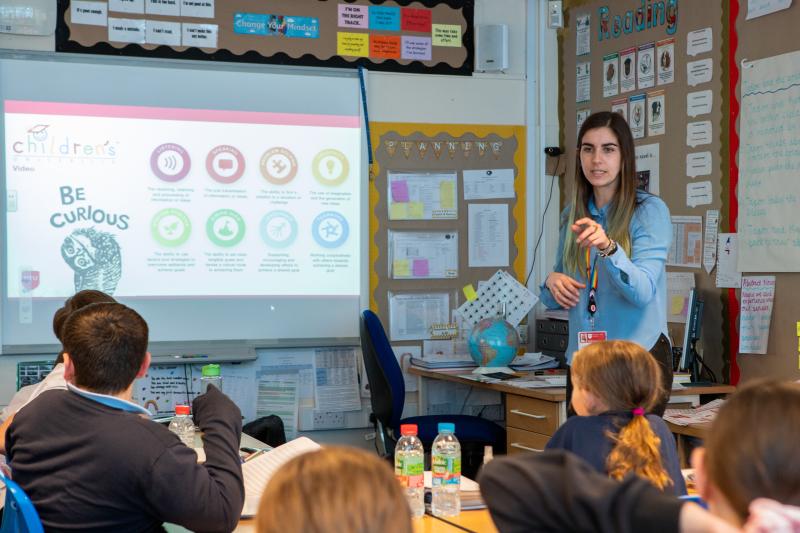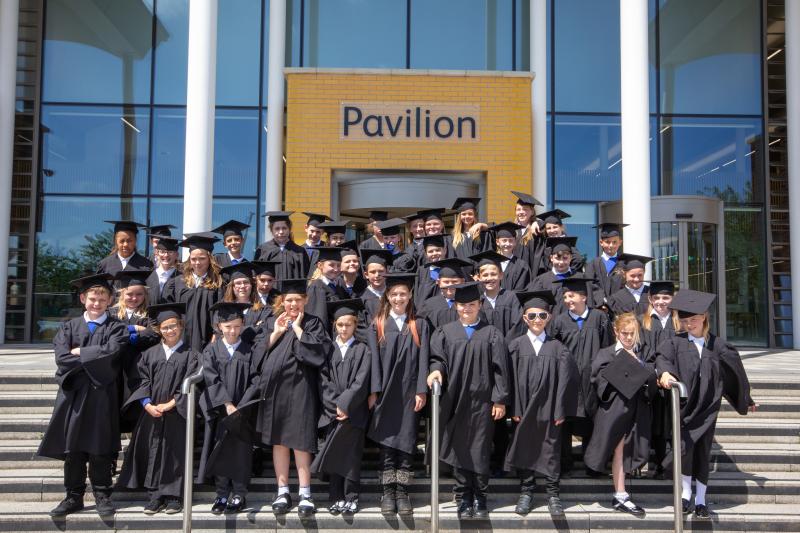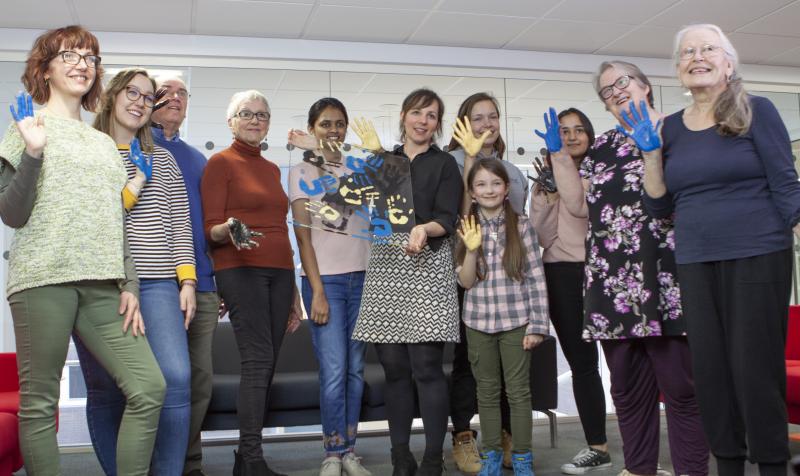Effective relationships with stakeholders are the bedrock on which the opportunities for students, pupils and communities are built, and how NTU’s Centre for Student and Community Engagement (CenSCE) manage these relationships, is critical to delivering meaningful change.
The Stakeholder Engagement Project (SEP) uses a research-informed approach to intentionally assess and develop a way of measuring relationships held with local schools and voluntary, community, and social enterprise (VCSE) organisations. The goal was to develop an understanding of the current relationship, whilst also identifying opportunities to develop and move the relationship into a more transformational space (rather than simply transactional) for both parties.
One of the fundamental elements of the project was to engage with our stakeholders and ensure they were represented throughout, as we’re developing a survey which both partners complete, signifying the importance of their role in our work. Sharing the survey results, as well as engagement data, and discussing them openly, is fundamental to our approach. Most evaluations are one way feedback, with information held by one partner and simply analysed and assessed, reinforcing a power imbalance. The SEP is a different approach attempting to ensure any imbalance is acknowledged and addressed, with joint solutions identified. It recognises the value of shared knowledge and moves towards a collective endeavour. This way of assessing and viewing relationships pushes normal university/community partnerships beyond a transactional view of what partners can individually gain from the relationship, to working together to understand the relationship better and so realise joint ambitions.


















